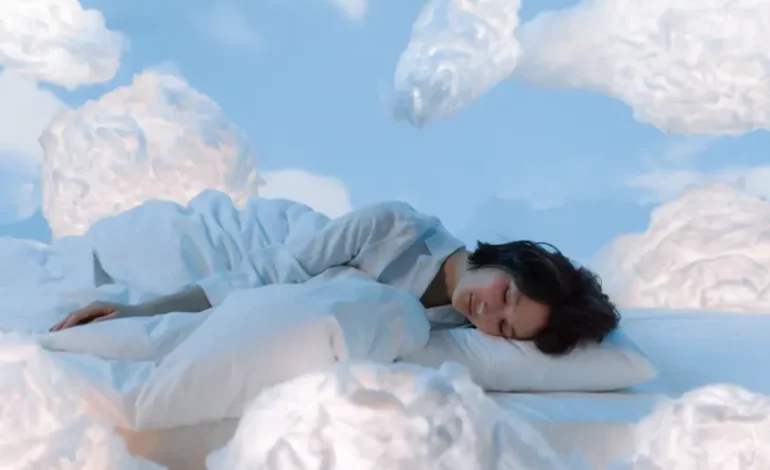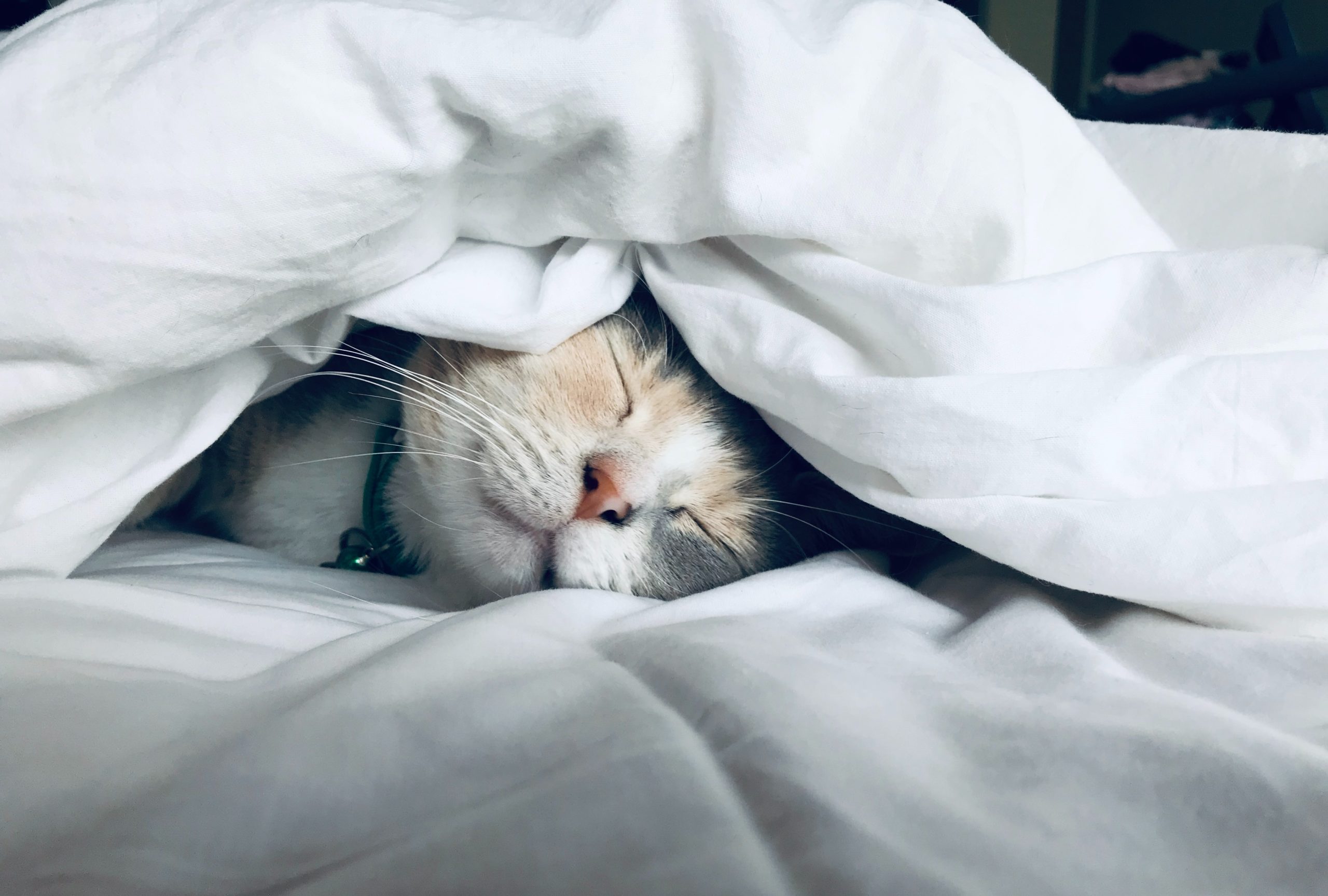Does Dreamcatcher Really Works?

Have you ever wondered if dreamcatchers truly have the power to capture your dreams and bring peaceful slumber? Join us on a journey through the enchanting world of dreamcatchers as we unravel their mystical origins, explore how they work, share personal anecdotes, and separate fact from fiction. Whether you’re a believer in ancient traditions or a skeptic seeking answers, this blog post is sure to pique your curiosity!
The History and Cultural Significance of Dreamcatchers
Dreamcatchers have a rich history deeply rooted in Native American culture. Originating from the Ojibwe people, these intricate designs were believed to protect individuals from negative dreams and energies while allowing positive ones to pass through. As the tradition spread, different tribes adapted the craft with their own unique styles and meanings.
The circular shape of dreamcatchers represents unity and connection within the universe, mirroring the cycle of life. Traditionally made with willow hoops and sinew or thread woven in a web-like pattern, each element holds symbolism related to nature and spirituality.
Over time, dreamcatchers have become popular beyond Indigenous communities, often seen as decorative pieces or symbols of protection. While some may question their efficacy, their cultural significance remains strong for many who value their heritage and beliefs.
Whether you see them as mere decorations or powerful talismans, understanding the history behind dreamcatchers adds depth to these beautiful creations that continue to intrigue people worldwide.
How Dreamcatchers Work: The Beliefs and Science Behind It
Dreamcatchers are believed to work by filtering out negative dreams and letting only positive ones pass through. According to Native American folklore, the woven web catches bad dreams during the night and allows good dreams to slide down the feathers to the dreamer below.
From a scientific perspective, some people find comfort in having a physical object like a dreamcatcher near their bed. This can create a sense of security and peace, helping them relax and potentially sleep better. The act of hanging a dreamcatcher may also serve as a reminder for individuals to set positive intentions before going to sleep.
While there isn’t concrete scientific evidence supporting the effectiveness of dreamcatchers in influencing dreams or promoting better sleep, many still swear by their benefits. Whether you believe in their mystical powers or simply enjoy them as decorative pieces, incorporating a dreamcatcher into your bedroom décor might just add an extra element of tranquility to your sleeping environment.
Personal Experiences with Dreamcatchers
Many individuals swear by the effectiveness of dreamcatchers in improving their sleep quality. Some say that since hanging a dreamcatcher above their bed, they have experienced more peaceful and restful nights. The intricate design of the dreamcatcher is believed to filter out bad dreams, allowing only good ones to pass through.
For others, having a dreamcatcher nearby brings them a sense of comfort and security. It serves as a reminder to let go of worries and negative thoughts before bedtime, promoting relaxation and calmness. People often find themselves falling asleep quicker and waking up feeling refreshed after incorporating a dreamcatcher into their bedroom decor.
While not everyone may believe in the mystical powers of dreamcatchers, many still appreciate them for their aesthetic appeal and symbolic value. Whether you view it as folklore or faith, there’s no denying the allure of these beautiful handcrafted creations in the realm of sleep improvement.
Criticisms and Debunking of Dreamcatchers
It’s not all sunshine and rainbows when it comes to dreamcatchers. Some critics argue that the effectiveness of these beautiful trinkets is purely psychological, offering no real protection against bad dreams. The idea of a physical object being able to filter out negative energies while you sleep may seem far-fetched to skeptics.
Debunkers suggest that any positive effects experienced from using a dreamcatcher could simply be a result of the placebo effect or improved sleep hygiene practices. Scientifically speaking, there isn’t concrete evidence supporting the mystical properties attributed to dreamcatchers.
Despite the criticisms, many still swear by their dreamcatchers and find comfort in having one hanging above their bed. Whether it’s due to belief in its powers or just for aesthetic purposes, the debate continues on whether dreamcatchers truly work as intended.
Alternatives to Dreamcatchers for Better Sleep
If you’re looking for alternatives to dreamcatchers to improve your sleep, there are a few options you can explore. One popular choice is using essential oils like lavender or chamomile in a diffuser before bedtime. The calming scents can help relax your mind and body, promoting better sleep quality.
Another alternative is creating a bedtime routine that includes activities like reading a book, taking a warm bath, or practicing relaxation techniques such as meditation or deep breathing exercises. Establishing a consistent routine signals to your body that it’s time to wind down and prepare for rest.
Investing in comfortable bedding and pillows tailored to your sleeping preferences can also make a significant difference in how well you sleep. Ensuring that your bedroom environment is conducive to relaxation by keeping it dark, quiet, and cool can further enhance the quality of your slumber.
Remember that finding the right sleep solution may require some trial and error until you discover what works best for you. Experiment with different methods and combinations until you find the perfect formula for achieving restful nights on a regular basis.
Should You Try a Dreamcatcher?
The decision is up to you. While some people swear by the positive effects of dreamcatchers on their sleep and overall well-being, others may not find them as effective. It’s essential to consider your own beliefs and experiences when deciding whether or not to give a dreamcatcher a try.
Whether or not dreamcatchers truly work may depend on your personal beliefs and willingness to embrace the cultural significance behind them. If you are open to trying new methods for improving your sleep quality and reducing nightmares, incorporating a dreamcatcher into your bedroom decor could be worth a shot.
Remember that while dreamcatchers can serve as beautiful decorations with cultural significance, they should not replace proper sleep hygiene practices such as maintaining a comfortable sleeping environment, following a regular bedtime routine, and managing stress levels. In the end, finding what works best for you in achieving restful sleep is key – whether it involves using a dreamcatcher or exploring other alternatives.
Disclaimer: this article does not constitute either medical or any other type of advice. The article contains the author’s personal opinion and personal conclusions and observations. If you have sleep problems or interested in other issues related to it, it is better to consult medical expert e.g. your doctor etc.









